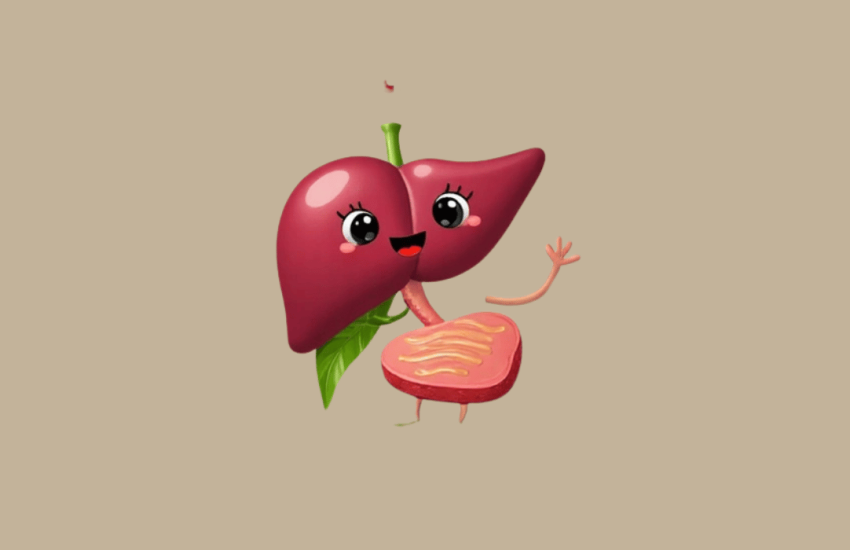10 Shocking Signs You Might Be Ignoring About Colon Cancer (Don’t Miss #4!)
Colon cancer is often silent in its early stages, making awareness crucial.
Understanding the signs can lead to early detection and better outcomes.
In this listicle, we reveal ten shocking signs that you might be overlooking, urging you to pay attention, especially to sign #4, which could be a game-changer for your health.
1. Unexplained Weight Loss
Losing weight without trying can be a baffling experience, but it’s also a significant warning sign for colon cancer.
Your body may be responding to the cancer by breaking down fat and muscle, leading to noticeable weight loss.
If you notice a sudden drop on the scale, especially combined with other symptoms, it’s time to consult a healthcare professional.
Early detection can be life-saving, and understanding this symptom can guide you to seek help sooner rather than later.
2. Chronic Fatigue
Feeling tired all the time? Chronic fatigue can be a subtle but alarming sign of colon cancer.
Cancer can affect your body’s energy levels, often leading to exhaustion even after a full night’s sleep.
This fatigue is not simply due to lack of rest; it’s your body signaling that something is wrong.
If you find yourself feeling unusually drained, especially if it persists over time, don’t ignore it.
3. Changes in Bowel Habits
Alterations in your bathroom routine can be a crucial indicator of colon cancer.
If you experience diarrhea, constipation, or changes in the consistency of your stool lasting more than a few days, it might be time to take notice.
These changes can occur due to various reasons, but when accompanied by other symptoms, they could signal a more serious issue.
Being aware of how your body normally functions can help you identify when something is off.
4. Blood in Your Stool (Don’t Miss This!)
Seeing blood in your stool should never be dismissed as normal; it can be a significant warning sign of colon cancer.
This symptom can manifest as bright red blood or dark, tarry stools, which indicate bleeding in the gastrointestinal tract.
If you notice this symptom, it’s crucial to seek medical advice immediately, as early detection can dramatically change treatment outcomes.
Don’t brush off this alarming sign; your health may depend on it.
5. Abdominal Pain or Discomfort
Persistent abdominal pain or discomfort is often brushed off as just a minor issue, but it can be a vital sign of colon cancer.
This discomfort can range from mild cramping to intense pain and can be indicative of various gastrointestinal problems, including cancer.
If the pain is persistent and affects your daily activities, it’s essential to consult a healthcare provider for evaluation.
Listening to your body’s signals is key in maintaining your health.
6. Anemia or Iron Deficiency
Feeling unusually weak or pale? Anemia can often be a hidden sign of colon cancer.
Cancer can cause bleeding in the gastrointestinal tract, leading to iron deficiency and resulting in symptoms like fatigue, weakness, and pale skin.
If you have been diagnosed with anemia without a clear cause, it is vital to investigate further.
Understanding the connection between anemia and colon health can help in early detection.
7. Unexplained Changes in Appetite
Noticing a sudden drop in your appetite without any clear reason? This could be a concerning sign.
Colon cancer can cause changes in how your body processes food, leading to feelings of fullness or a lack of hunger.
If this change persists, it can lead to weight loss and nutritional deficiencies, further complicating your health.
Paying attention to your eating habits can be crucial in recognizing potential health issues.
8. Family History of Colon Cancer
Having a family history of colon cancer can increase your risk significantly.
If close relatives have been diagnosed, it’s essential to discuss your family history with your doctor, as this can influence screening recommendations and preventive measures.
Being proactive about your health can lead to earlier detection and better outcomes.
Understanding your genetics and risk factors is a vital part of taking charge of your colon health.
9. Changes in Skin Color
Did you know that changes in skin color can indicate internal issues, including colon cancer?
Pallor or a yellowish tint can be signs of anemia or liver issues resulting from cancer.
If you notice these changes, it’s crucial to seek medical advice promptly.
Skin is often a reflection of what’s happening inside, and being aware can lead to earlier interventions.
10. Gastrointestinal Issues That Don’t Go Away
If you’re experiencing ongoing gastrointestinal issues, such as bloating, gas, or cramping, it’s essential to take them seriously.
These issues can be caused by a variety of factors, including colon cancer.
If they persist despite lifestyle changes or over-the-counter remedies, it’s time to consult your healthcare provider.
Monitoring your digestive health can provide critical insights into your overall well-being.
Conclusion
Awareness of colon cancer signs is key to early detection and better health outcomes.
Don’t ignore your body’s signals; if you notice any of the symptoms discussed, consult a healthcare professional.
Taking proactive steps can make all the difference in your health journey.


